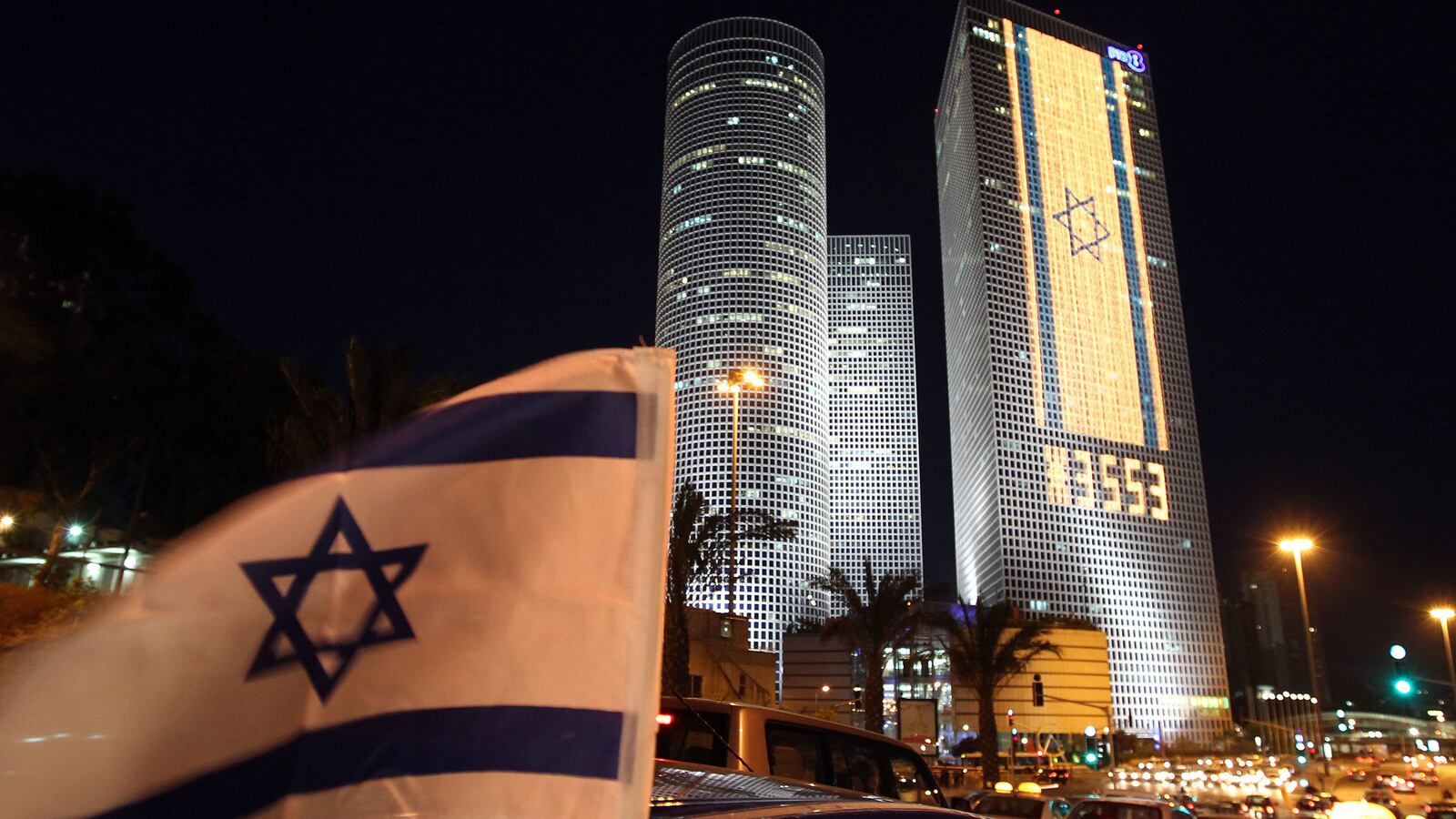In 1999, about a year before he died, I had the privilege of attending a reading by the great Jerusalem poet Yehuda Amichai in the Upper West Side. It was a day or two before Passover, in a not-really-filled synagogue hall, and he lapsed into a wistful recollection of the bedikat hametz, the search for crumbs of bread and such, in his childhood home.
Jews—if you are from Phnom Penh, you may not know this—are forbidden to eat leavened bread on Passover. European rabbis, presumably pleasing God by outdoing Him, interpreted this to mean no contact at all with leavened foods of any kind (including, alas, beer) or even grains and legumes that just swell up in water.

So the morning before the seder, Amichai said, he and his father would prowl around the house searching for forbidden stuff, a feather in hand, blowing into corners, and sweeping up the dustballs, looking hopefully for crumbs. The piles would be slowly nudged together and added to leftover bread. Then the whole lot would be taken outside and burned in a newspaper. His father would chant exotic Aramaic words, feather still in hand, asking to be forgiven for any crumbs still lying around, potentially despoiling the kashrut—the purity and fitness—of the home. Amichai looked at the audience, wistfully. “Child’s play,” he said.
The point of not eating bread—Passover is all about making points—is a kind of ethical transmission. Childhood memory is indelible, but historical memory is wiped clean with every new child. So we are enjoined to dramatize the preciousness of freedom to our adorably clueless progeny by ritualizing how quickly our ancestors seized theirs—so quickly that their bread “did not have time to rise.”
The good here is not in anxiously freeing ourselves from bread, but in eating unleavened bread, matzoh, to mark the good of freedom. And yet Amichai knew better than to leave things there. Poets cherish their freedom; they live, as Stanley Kunitz put it, in the layers. But for children, freedom is rather overrated. Amichai knew, with that ironic distance that launched his freedom, that children prefer fathers and games to play, rules to conform to and prayers to assure oneself forgiveness with—sacrifices that make one feel “elect.”
Better to revel in the simple smells of the seder meal than all that subtle talk of liberation. Hell, the children of Israel were themselves prepared to return to Egypt just for the garlic. Better to be a good Jew than a Jew worrying about how to be good.
I am thinking about Amichai this Passover because I’ve noticed a new conceit in Israel’s media in recent years. During the holiday, broadcasters now sign off with the phrase “pesach kasher,” a kosher Passover, something you did not hear in Israel when I first came in 1967; when kibbutzim were outdoing themselves to rewrite the Haggadah in “modern” ways, and if you called yourself a Zionist, you would have been more likely to have heard of Paul Robeson than Sam Bronfman. Now you hear stories about where the line in Europe passed between sweet gefilte fish and the salty kind; and weirdly mandatory wishes that the holiday be kosher, that no crumbs remain.
Presumably, many of Israel’s broadcasters have learned to be cute about Passover; most Tel-Aviv celebs wouldn’t know a parsha from a haftorah, or tell you why the Wicked Son was so bad. One interviewer I recall explored the importance of artistic freedom with a humanities professor, with Janice Joplin’s wailing rendition of Bobby McGee in the background. But not one interviewer I heard (seriously, not one) raised the universal importance of political freedom. Do I bore you by asking why nobody thought to invite a Palestinian, you know, to ask what it felt like to be denied the most obvious forms of it?
Okay, this little holiday blog post cannot do justice to liberty, trauma, Judaism, and the history of the Middle East conflict. But the simple fact is that Jews have created a festival of freedom, political freedom, that has evolved for about 3000 years. In every generation we have presumed to believe that we, ourselves, stood at Sinai—standing in, that is, for humankind, passing from slavery to freedom, and from freedom to the rule of law. How can we possibly celebrate this festival without occupying ourselves with, well, occupation, and the need to liberate ourselves from it?






